inputtime:2024-03-18 17:24:00 From:Department of International Affairs
On March 15th, Professor Joaquín Martínez López and his team from Hospital Universitario 12 de Octubre in Madrid were invited to visit and participate in the 76th Qilu Guangzhi Forum (Hematology Session) and the launching ceremony of the international cooperation project between the Department of Hematology in Qilu Hospital of Shandong University and the Hematology Center of Hospital Universitario 12 de Octubre, affiliated with Complutense University of Madrid. The event also included an exchange discussion. Chen Yuguo, president of Qilu Hospital, along with vice presidents Cheng Yufeng and Peng Jun, attended the meeting. Leaders of the departments of hematology from relevant units within the province, as well as related personnel from the Department of Hematology, International Affairs Office, and Human Resources Office of Qilu Hospital, participated in the meeting.
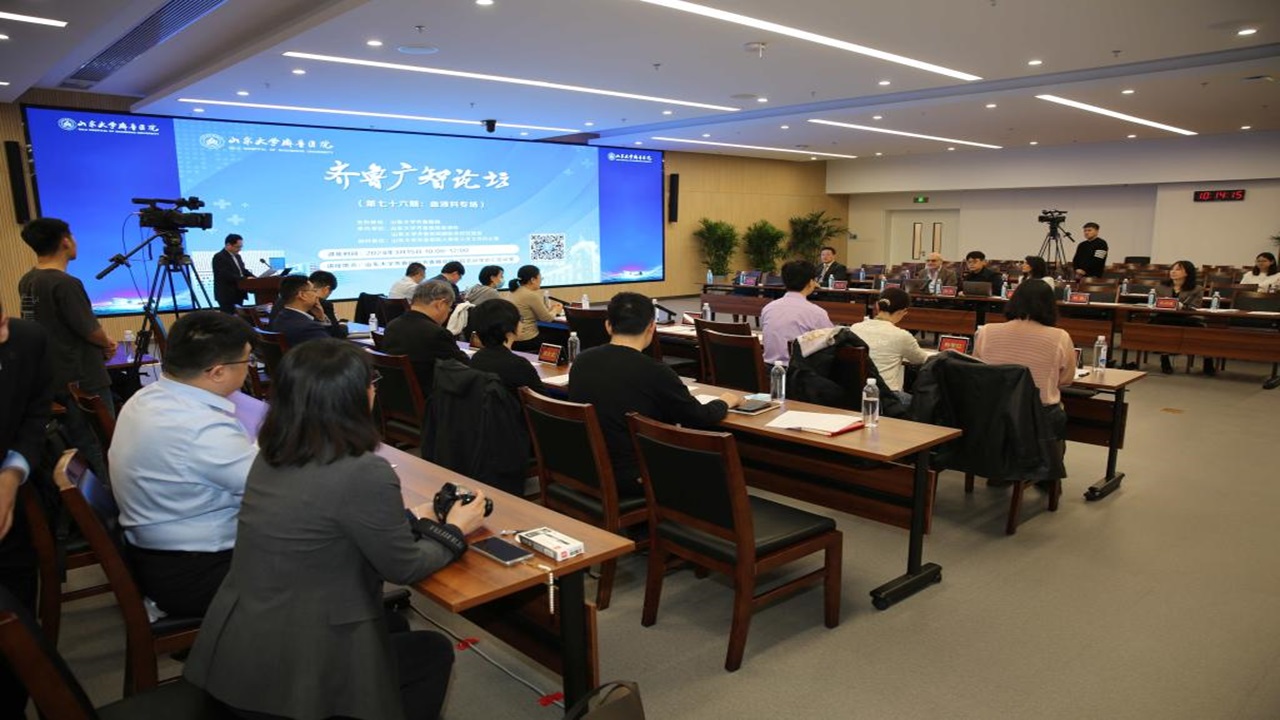
The academic report session and project launching ceremony were presided by Peng Jun. Professor Joaquín gave an academic report titled "A program of clinical and preclinical research in hematology". He introduced the operation of the clinical services and the overview of clinical trial projects in the Department of Hematology of Hospital Universitario 12 de Octubre in Madrid, and shared a series of fruitful results achieved by the department in basic research in recent years. He stated that the monitoring of minimal residual disease (MRD) of tumors on the basis of second-generation sequencing (NGS) and liquid biopsy technology, plus cellular immunotherapy in healing hematological tumors, are of profound implications for realizing precise and visualized diagnosis and treatment of blood tumors in the future. After the report, the attendees engaged in a lively exchange and discussion.
Subsequently, the launching ceremony of the international cooperation project between the Department of Hematology of Qilu Hospital and the Hematology Center of Hospital Universitario 12 de Octubre, affiliated with Complutense University of Madrid, was held. At the meeting, Professor Ji Xuebin from the Department of Hematology reported on the progress of the project.
After the launching ceremony, the two sides had a friendly exchange and discussion. The discussion meeting was presided by Cheng Yufeng.
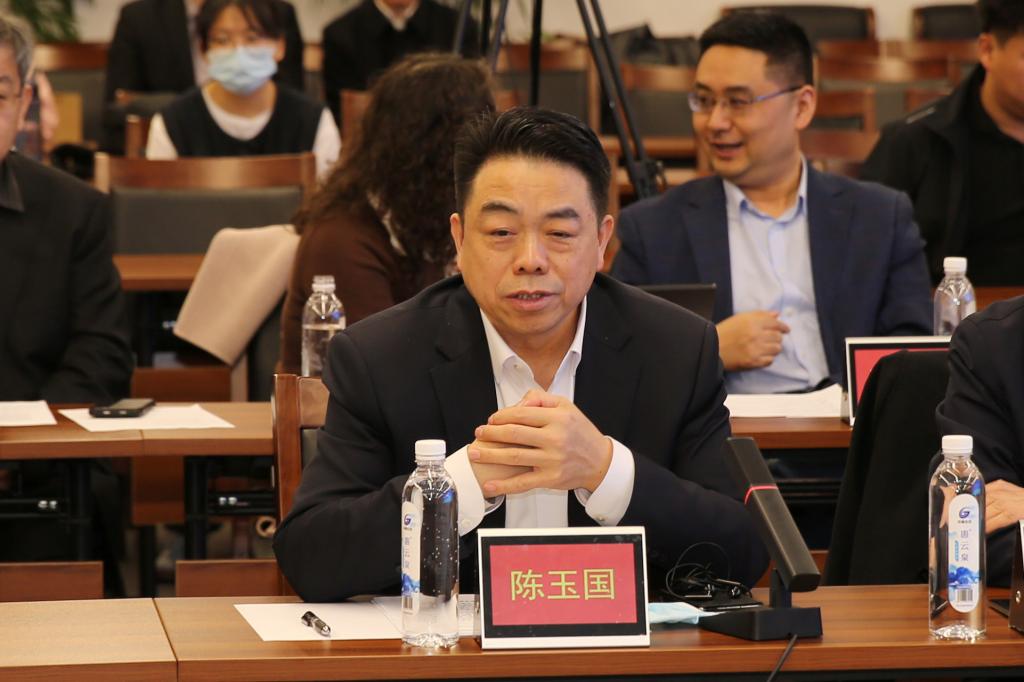
Chen Yuguo, on behalf of Qilu Hospital, extended a sincere welcome to the distinguished guests from afar and the experts from the province who attended the meeting. He briefly introduced the history, current development status, and current goals of the hospital, pointing out that the hospital has long attached great importance to scientific and technological innovation, fully leveraged its disciplinary advantages, and has been committed to providing more precise and efficient medical services to the public. In the 2022 "National Examination", the hospital achieved the national ranking of 5th overall and 3rd in CMI, marking a new leap in comprehensive strength. Chen Yuguo affirmed the international achievements of the hospital's Department of Hematology in medical treatment, education, and research, and stated that open, inclusive, and win-win international scientific and technological exchanges and cooperation are important factors promoting the high-quality development of the hospital. He expressed hope that through this visit, the two sides could share experiences, understand each other's concepts, lay a good foundation for exploring more characteristic and targeted cooperation, achieving win-win integration through cooperation on scientific and technological platforms, protecting the health and well-being of the people through intellect innovation.
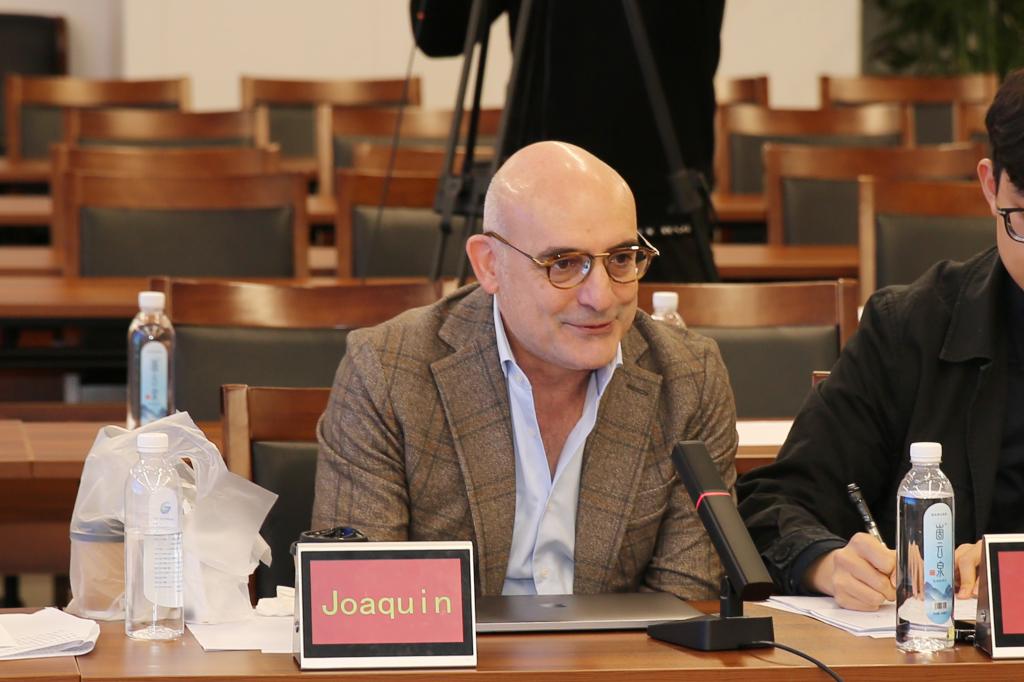
Professor Joaquín expressed his gratitude for the friendly reception by Qilu Hospital. He pointed out that scientific and technological innovation and cooperation are crucial in the era of globalization, hoping that the departments of hematology of both hospitals can join hands to not only consolidate existing cooperation achievements but also explore new models of cooperation in the field of hematology in both countries, thus to establish more robust and diverse channels of communication and cooperation, and jointly discuss and promote high-quality development strategies for the departments of hematology in both China and Spain.
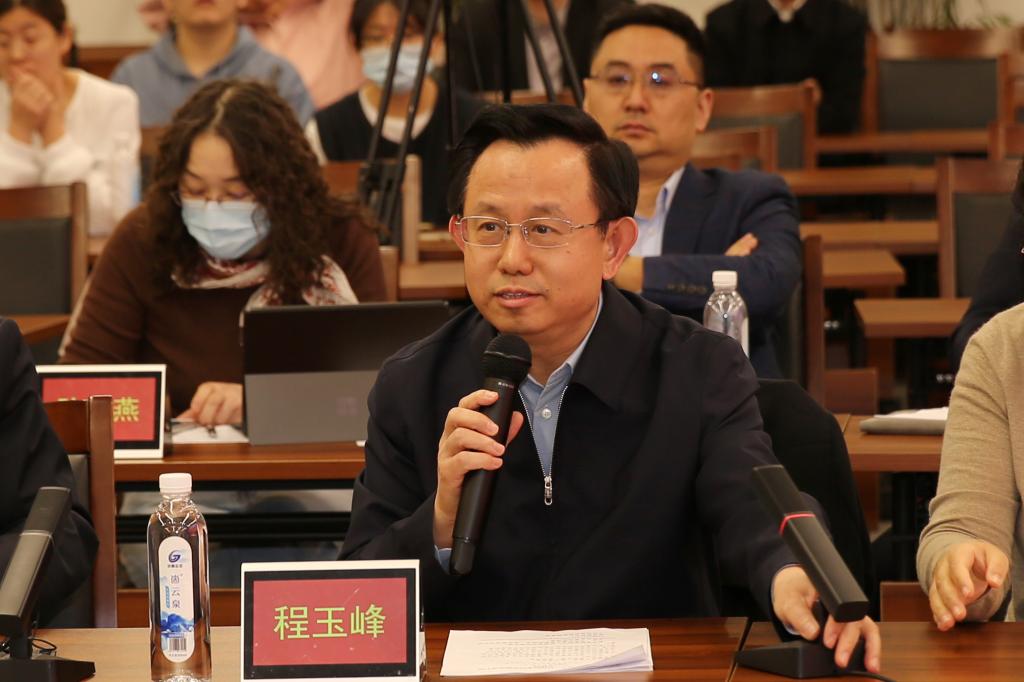
Cheng Yufeng stated that in recent years, the hospital has consistently pursued an international path, continuously extending from institution cooperation, talent cultivation, academic exchanges to international multicenter research, international clinical medicine development cooperation, and other areas, steadily improving its level of internationalization. He expressed hope that all experts, based on the major strategic needs of a healthy China, a healthy Shandong, a strong China in science and technology, and a strong Shandong in science and technology, can build consensus on this platform and continuously explore the establishment of new mechanisms for international scientific and technological cooperation in various forms and through various channels. This is to contribute with the power of Qilu to the development of the disciplines in the field of blood diseases, and the better protection of the health and well-being of the people.
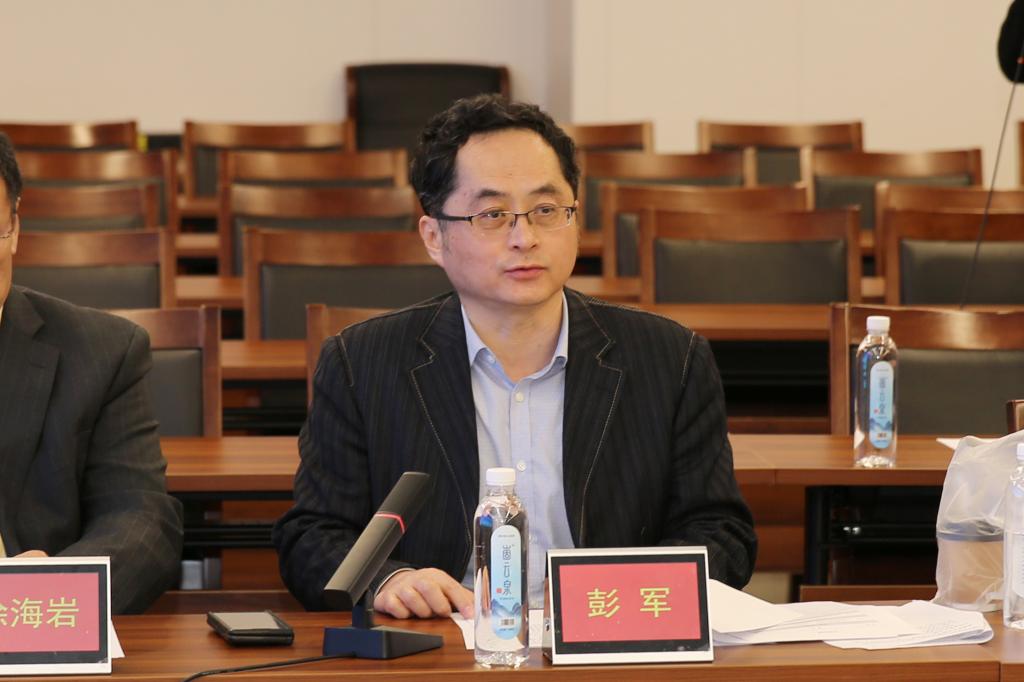
Peng Jun pointed out that the hospital has always planned from a high level and promoted with high standards the implementation of its internationalization strategies. Professor Joaquín's team has a longstanding research collaboration with the Department of Hematology of the hospital. With this visit, the team will continue to collaborate with the department to contribute wisdom and strength for establishing a high-quality talent system for the discipline and solidifying the foundation for high-quality development. He expressed the hope that this event could further deepen the innovative interaction, academic exchanges, and practical cooperation in the field of hematology across the province, thereby firmly establishing a practical platform for Shandong’s departments of hematology to achieve high-level scientific and technological independence and self-improvement in the medical field.